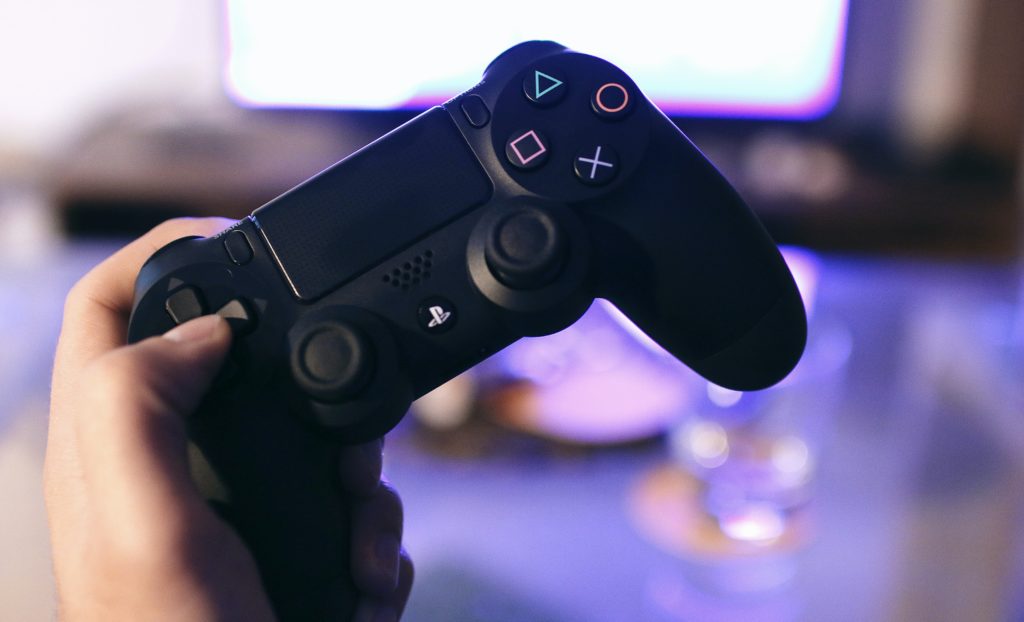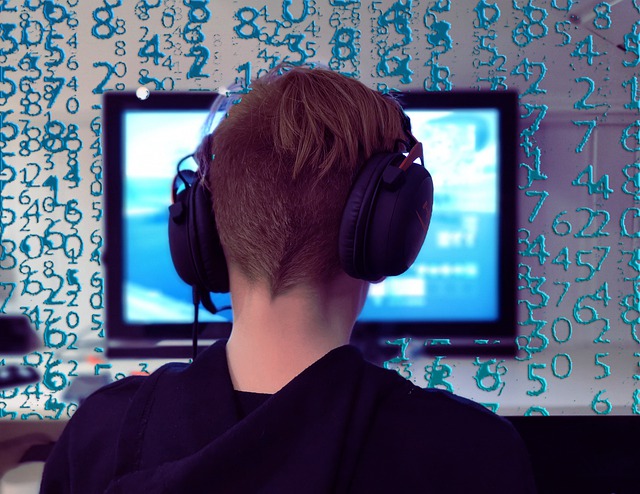Best strategy for gamers
There are several strategies that can be helpful for gamers looking to improve their skills and reduce the likelihood of developing a problematic addiction. Some of these include:
Setting limits: Establishing a set amount of time each day that you allow yourself to play video games can help you maintain a balance between gaming and other aspects of your life.
Keeping a schedule: Creating a schedule that balances gaming with other activities such as exercise, socializing, and studying can help you avoid becoming too absorbed in gaming.
Prioritizing real-life responsibilities: Make sure to prioritize real-life responsibilities, such as schoolwork or work projects, over gaming.
Playing with moderation: taking regular breaks, and avoiding gaming for extended periods of time can help you to avoid burnout and reduce the risk of developing a problematic addiction.
Seeking help: if you feel like your gaming habits are causing problems in your life, seek professional help.
Practicing good ergonomics: Sitting in a good posture and using comfortable equipment can help you avoid physical discomfort and prevent repetitive stress injuries.
Joining a gaming community: Joining a gaming community can provide you with a sense of social connectedness and support, and can help you to find like-minded individuals who share your passion for gaming.
Playing a variety of games: Playing a variety of games can help you to avoid becoming too invested in one specific game or genre and help you to maintain a sense of balance.

It’s important to remember that everyone is different and what works for one person may not work for another. It’s also important to note that video games can be a great source of entertainment and can have many benefits, including improving cognitive skills, hand-eye coordination, and social skills. It’s important to find a balance and enjoy games in a healthy way.




